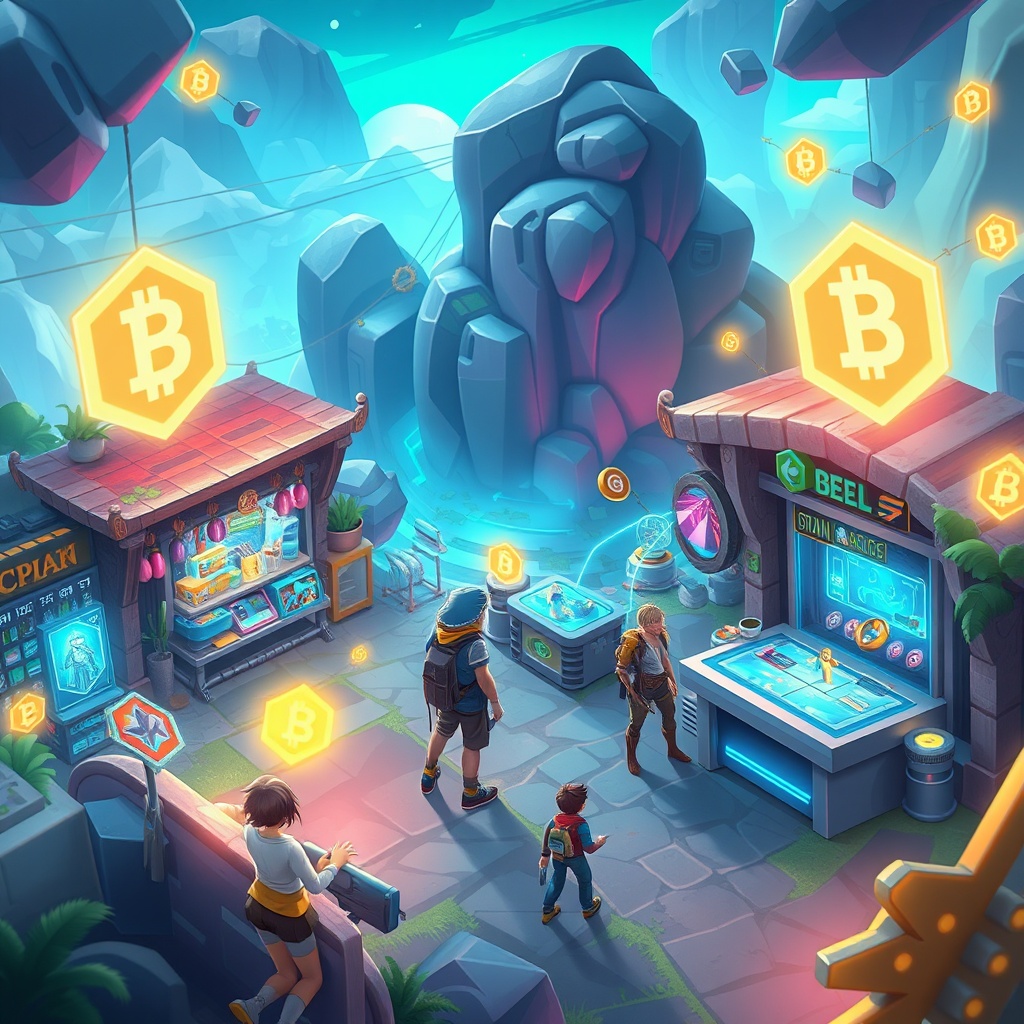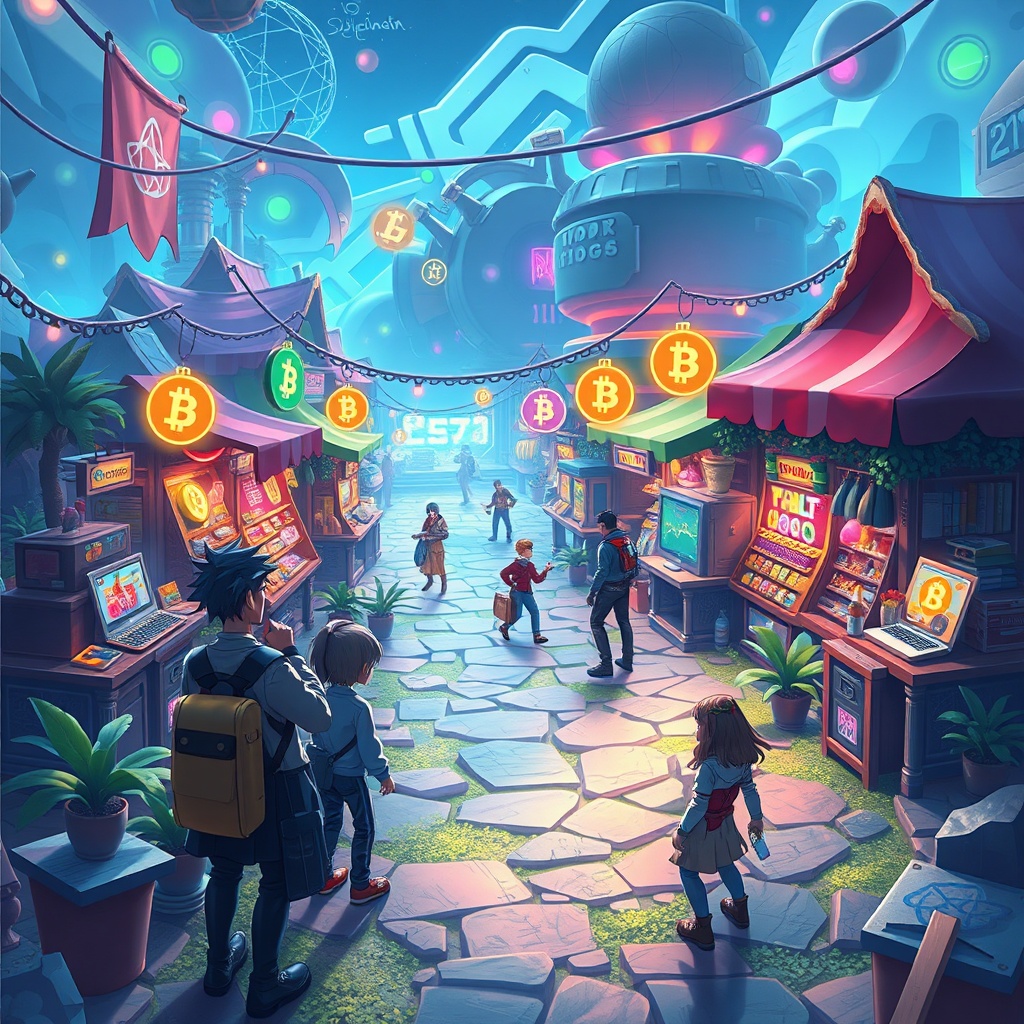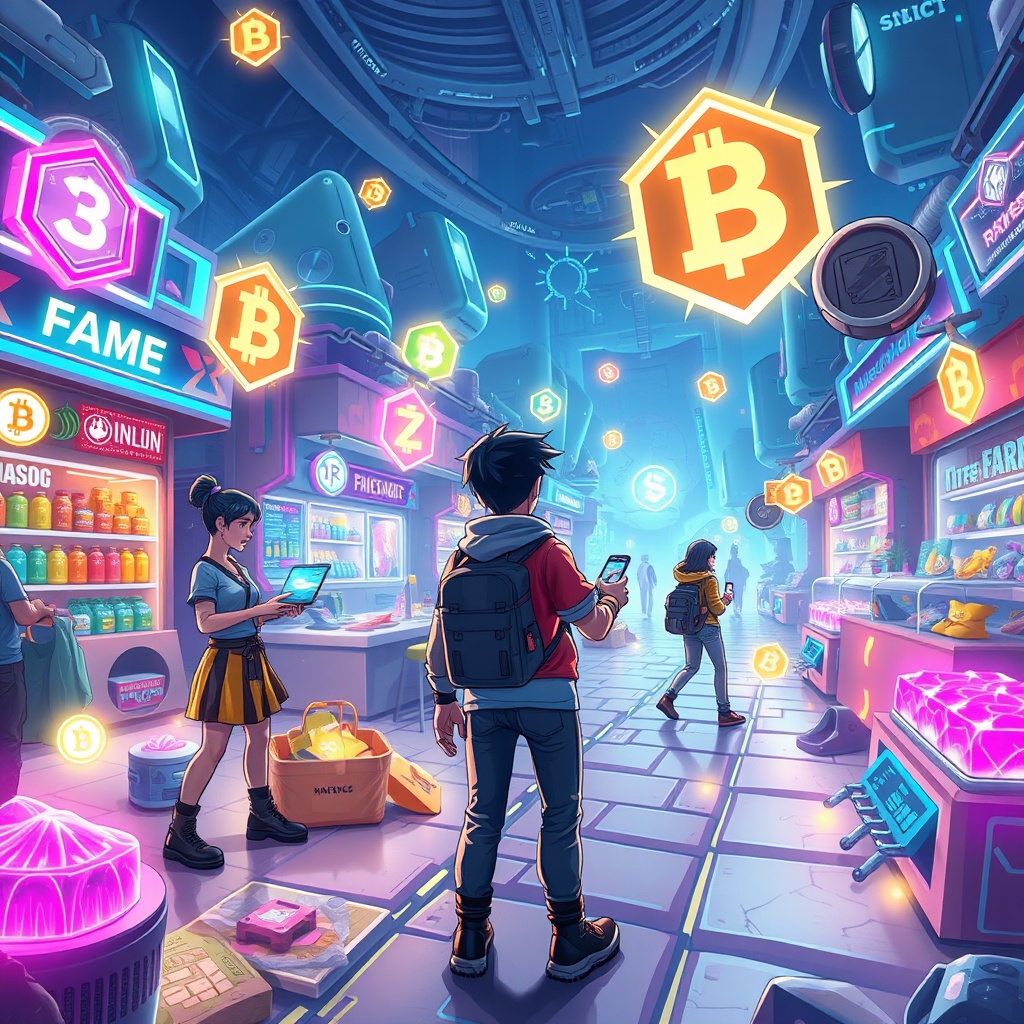The gaming industry has witnessed an unprecedented surge in the popularity of free-to-play (F2P) games, which allow players to access content without an upfront cost. However, the challenge of monetizing these games has led to the development of micropayment systems that facilitate small financial transactions for in-game purchases. Blockchain technology emerges as a transformative force in this realm, paving the way for more efficient, secure, and transparent micropayment systems.

With the integration of blockchain, developers can leverage decentralized ledgers to handle transactions seamlessly. This innovation not only enhances user experience but also addresses prevalent issues such as fraud, high transaction fees, and delayed payout processes. As we delve deeper into this topic, we will explore the mechanisms by which blockchain technology enhances micropayment systems in F2P games.

Blockchain technology offers a myriad of advantages for both game developers and players in the F2P ecosystem. One significant benefit is the reduction of transaction costs, which can be a significant burden in traditional payment systems. With blockchain, transaction fees are minimized thanks to peer-to-peer processing, allowing developers to allocate more resources towards game development and player engagement.
Additionally, the transparency inherent in blockchain technology cultivates trust among players. Every transaction is recorded on a public ledger, providing verifiable proof of purchases and ownership. This transparency can mitigate issues related to chargebacks and fraudulent transactions, ultimately fostering a safer gaming environment. Let’s examine the key advantages of implementing blockchain in micropayment systems:
- Lower Transaction Fees: Blockchain reduces the costs associated with processing micropayments.
- Enhanced Security: Decentralized systems are less prone to hacks and fraud.
- Real-Time Transactions: Instant processing of payments enhances user experience.
- Player Ownership: Players gain true ownership of in-game assets via tokenization.
As we look ahead, the implications of blockchain technology for micropayment systems in free-to-play games are profound. The potential for integrating cryptocurrencies as a method of payment not only opens up new avenues for monetization but also expands the player base by accommodating those who prefer using digital currencies. This shift can lead to a more inclusive gaming ecosystem where payment methods are diverse and accessible.
Moreover, blockchain’s ability to facilitate cross-game transactions could pave the way for a new era of interoperability in gaming. Imagine a scenario where players can use their assets across multiple games and platforms, enhancing the overall value of digital goods. The future is bright for micropayments in gaming, and blockchain is at the forefront of this evolution.





